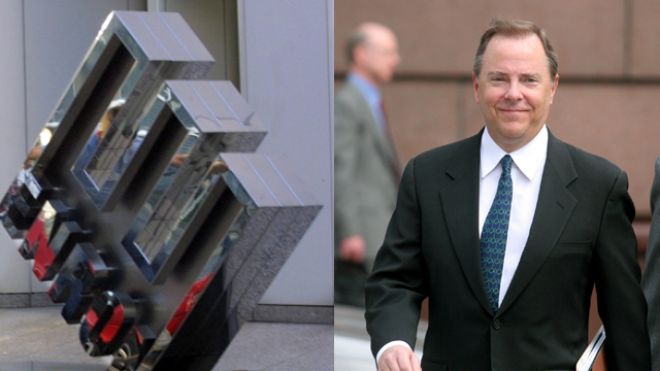– Exposed: Enron billionaire’s diabolical plot to loot worker pensions (Salon, Sep 26, 2013):
How an Enron billionaire, Wall Street and a major “nonpartisan” foundation are quietly robbing American workers
This Pew-Arnold partnership began informally in 2011 and 2012 when both organizations marshaled resources to try to set the stage for retirement benefit cuts in California, Florida, Rhode Island and Kansas. With legislative success in three of those four states, Pew and Arnold created a formal partnership in late 2012 that targeted another three states, Arizona, Kentucky and Montana.
This formal partnership continues today, with the organizations issuing joint reports and conducting joint legislative briefings advocating cuts to guaranteed retirement income. It is widely expected that this partnership will continue working in these same states and potentially expand operations into Colorado, Pennsylvania, Oklahoma and Nevada.
Should an Enron Executive Be Dictating Public Pension Policy?

